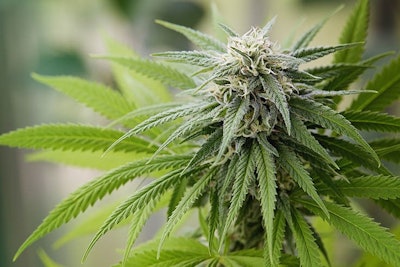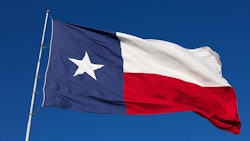
As Utah gets around to implementing its medical cannabis law, state regulators are looking for ways to keep the revenue in line with the costs of maintaining this new industry. The Utah Department of Health issued a set of proposed fees for business licenses, with the goal of bringing in $1.4 million in revenue next year.
Dispensary licenses (known as “pharmacy licenses” in Utah) would cost $50,000 annually in rural regions and $69,500 annually in urban regions, like Salt Lake City.
Rich Oborn, in charge of the Center for Medical Cannabis at the state’s Department of Health, told the Salt Lake Tribune that the revenue will allow the state to break even on its own regulatory costs.
Utah plans to issue 14 licenses, according to recent changes to the medical cannabis law. The state expects 90 business license applications. Looking ahead, the state does predict an increase in the number of patient registration applications; in 2020, Utah plans to register 7,790 patients up front, with another 6,999 to follow the next year,
The Utah licensing fees stand in sharp contrast to neighboring Colorado’s structure, a sign of broader shifts in how new medical cannabis markets operate (compared to the legacy markets that went through the first wave of legalization in the U.S.). Depending on what sort of retail license it is, business owners may pay between $1,000 and $5,000 in annual fees.

























